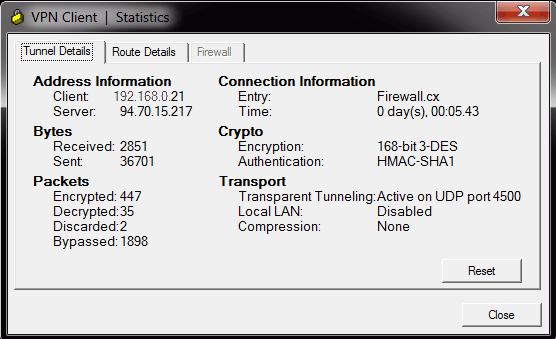Spain was historically home to reasonable trademark administration managing the requirements of originators against customers progressive strategies to revealing through new technologies. But stress in the united states government to enact intellectual-property administration has endangered Spain’s down-to-earth strategy.
 The Spanish Congress passed trademark administration procedures in 2011 within a bigger economic modernization work. The propositions produce a fast track way of eliminating would be infringing articles on the internet. Internet service providers are incentivized to prevent access to infringing articles when it’s documented, thus preventing additional trouble associated with the rapid processes.
The Spanish Congress passed trademark administration procedures in 2011 within a bigger economic modernization work. The propositions produce a fast track way of eliminating would be infringing articles on the internet. Internet service providers are incentivized to prevent access to infringing articles when it’s documented, thus preventing additional trouble associated with the rapid processes.
What’s promising is the laws doesn’t require internet service providers to embrace Three-Strikes Web disconnection of people. On the other hand, the bad news is it uses the current tendency of imposing duties on Web intermediaries to prevent articles and increases issues for consumer privacy.
Whilst the trademark regulations in Spain endanger electronic privileges, Spanish courts are taking positive measures to slim trademark administration. Specifically, a recent opinion by a leading Spanish court shows the judicial department isn’t likely to put up web sites that sponsor links to copyright-infringing contents responsible for breaking trademark legislation. This opposes attempts of the executive department and the united states government to apply middleman obligation through comprehensive trademark laws. It’s not however clear which part of government may predominate.
Ley Sinde On-Line Service Suppliers Liability Act
The Lasting Economy Act (“OCEAN” — Law 2/2011, March 4th) had its beginnings in a lawful initiative accepted by the Spanish Cupboard on Nov 27, 2009. Its primary aim was to update the Spanish market in fiscal, company, and ecological issues as a way to react to an economic depression. The first variant of OCEAN contained the socalled Sinde Work (“Ley Sinde”), called after Spain’s Ministry of Lifestyle, Angeles Gonzales-Sinde. Ley Sinde was meant to power down web sites that sponsor links to copyright-infringing substance. Right from the start, Ley Sinde elevated significant concerns for Spanish people’ rights of due method, privacy, and liberty of expression
 In accordance with transmission lines introduced by WikiLeaks and noted on by El Pais, the united states government played a crucial role in architecting Spain’s trademark administration projects. El Pais noted that in 2008 the united states government threatened to set Spain around the annual Unique 301 Watchlist released by the Off-Ice of the U.S. Business Consultant unless the fresh Spanish authorities announced fresh steps to tackle Web piracy. The United States created good on its danger to a DD Spain to the Watch-List in 2008 and 2009. The Spanish authorities reacted by suggesting Ley Sinde within the OCEAN last year.
In accordance with transmission lines introduced by WikiLeaks and noted on by El Pais, the united states government played a crucial role in architecting Spain’s trademark administration projects. El Pais noted that in 2008 the united states government threatened to set Spain around the annual Unique 301 Watchlist released by the Off-Ice of the U.S. Business Consultant unless the fresh Spanish authorities announced fresh steps to tackle Web piracy. The United States created good on its danger to a DD Spain to the Watch-List in 2008 and 2009. The Spanish authorities reacted by suggesting Ley Sinde within the OCEAN last year.
Possibly because of the disclosures in the WikiLeaks cables, Ley Sinde was highly contentious and was conquered this year. On the other hand, the expenses was reinstated within weeks, and the OCEAN — including Ley Sinde — was accepted by the Spanish Congress on Feb 1-5, 2011. The Spanish exec off-ice delayed to fully enact the trademark regulation on account of its extensive unpopularity. In response, the United States of America increased the positions and said that they’d increase Spain in the USTR’s annual Part 301 record that year by recording it in the Priority Watchlist. This risk was the closing technique. On Dec 30 2011, the recently elected professional authorities handed Ley Sinde by blessing the ordinance that ordered the use of regulations. In the 2012 Unique 301 Statement, the USTR no longer recorded Spain.
Now more and more citizens become aware of the situation and start protecting theirselves against the so called protection, by using vpn when browing, for instance. Read more on ServicioVPN.com .
